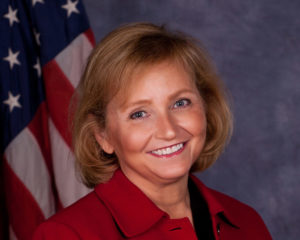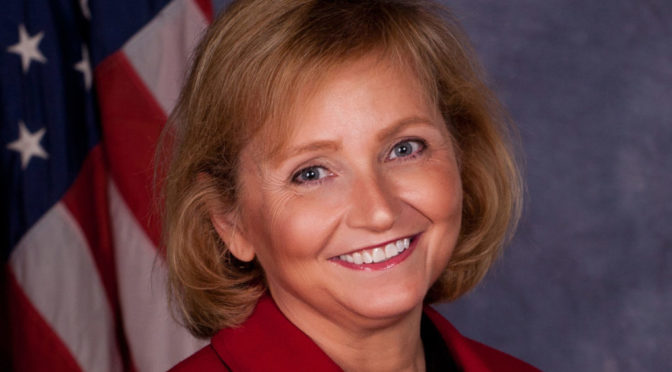
May 22, 2020
Session 2020 Ends May 21. A majority of the legislation remaining during the long layoff was stuffed into this last day of session. The session gaveled in at 8AM and ended 23 hours later. It seemed like there were 165 legislators with differing views as leadership was determining how to proceed.
As Senate tax chair I worked hard for over a year putting together a property tax bill that would stop the ever-increasing property appraisal values from automatically increasing your property taxes. It’s called property tax transparency, but it is more than that. Your property taxes can still be raised, but Conference Committee Report (CCR 2702) requires a vote by the governing body to do so. No more automatic property tax increases. I carried this important bill on the floor. It not only contained the property tax transparency, but the bill also removed penalties and interest on property and income taxes during the pandemic, and allows county treasurers the option to setup property tax payment plans.
While I was carrying the first bill of the day on the floor, the ranking from the minority party on the Senate Tax Committee introduced an amendment to freeze property taxes for low income seniors and disabled veterans, sometimes referred to as the Golden Years. This is good legislation as I amended the Golden Years into a bill that passed the Senate in 2019, but it was dead in the House. No matter how good the amendment, to add it would kill this important bill. We had just this one day to thread the needle of what would pass the Senate, the House, and the Governor. The ranking democrat just wanted what he called a postcard vote; a vote to send out postcards against legislators who voted no. He denied it on the floor but he is recorded before the debate saying he had amendments for ‘postcards’. The final bill passed the Senate 35 Yes to 2 No votes; the House 89 Yes and 28 No. It passed by super majority in both chambers. Now we wait to see what the Governor does; sign it to become law, allow it to become law without her signature, or veto?
Liability and Government Control CCR 2054 was a measured response to your concerns on government overreach, especially during the pandemic. The Governor ordered a second emergency declaration. The Attorney General’s position is that the Governor does not have legal authority for the second emergency declaration.
CCR 2054 would clarify the Governor’s authority, establishing that the Governor can issue another state-of-emergency with the support of six of eight legislative leaders on the State Finance Council (the Governor is a member with legislative leadership). CCR 2054 also gives county commissioners the authority to set their own parameters. They may decide if more or less stringent orders need to be issued and provide oversight to local county health officers. CCR 2054 establishes a process to get the $1.2 billion federal money where it is needed. It establishes liability protection from frivolous COVID-19 lawsuits, codifies the Governor’s orders on tele-health, licensing, and other helpful provisions during the shutdown. There will be an interim committee to study the need for all of these items long term, since the legislation expires in 2021. It passed with 27 Yes votes and 11 No in the Senate. I voted Yes.
It is an honor and a privilege to serve as your 12th District State Senator.
Caryn
…
